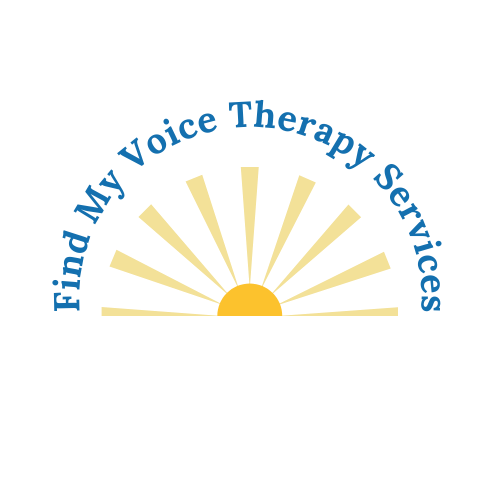Understanding Speech and Language Development: Warning Signs
Every child's speech and language development journey is unique, but it's important for parents and caregivers to be aware of potential challenges. Recognizing the warning signs and seeking professional support can make a significant difference in a child's communication skills and overall development.
In this blog post, we will explore the warning signs that indicate potential speech and language challenges in children. If you observe any of these signs in your child, it's crucial to take action promptly and seek the necessary help and guidance.
Here are some common warning signs grouped by age ranges:
By 12 Months:
Lack of babbling with changes in tone
Limited or absent use of gestures like waving or shaking head
No response when called by name
Difficulty expressing needs or asking for help
By 15 Months
Inability to understand and respond to simple words
No spoken words yet
Difficulty pointing to objects or pictures when prompted
Limited engagement in sharing attention with others
By 18 Months
Difficulty understanding simple commands
Vocabulary consists of fewer than 20 words
Limited response to questions or inability to use words or gestures to communicate
Challenges pointing to major body parts
By 24 Months
Vocabulary consists of fewer than 100 words
Inconsistent use of two-word phrases
Lack of imitation of actions or words
Limited engagement in pretend play activities
By 30 Months
Vocabulary consists of fewer than 300 words
Limited use of action words
Challenges with basic grammar rules
Difficulty forming questions
Ages 3-4 Years
Inability to ask questions by age 3
Difficulty forming sentences and expressing thoughts
Inability to tell a simple story by age 4 or 5
If you have noticed one or more of these warning signs in your child, it's important to take action to ensure they receive the necessary help and support.
Early intervention can make a significant difference in their speech and language development, setting them on the path to effective communication and future success. Don't hesitate to seek professional assistance and guidance for your child's speech and language needs.
